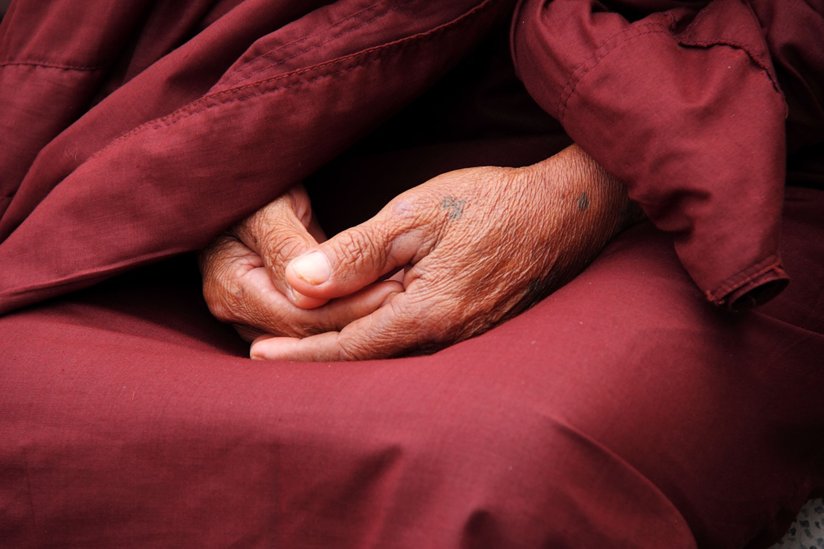
-
HOME
-
WHAT IS STANDOur Mission Our Values Our Help Contact
-
WHAT WE FIGHT FORReligious Freedom Religious Literacy Equality & Human Rights Inclusion & Respect Free Speech Responsible Journalism Corporate Accountability
-
RESOURCESExpert Studies Landmark Decisions White Papers FAQs David Miscavige Religious Freedom Resource Center Freedom of Religion & Human Rights Topic Index Priest-Penitent Privilege Islamophobia
-
HATE MONITORBiased Media Propagandists Hatemongers False Experts Hate Monitor Blog
-
NEWSROOMNews Media Watch Videos Blog
-
TAKE ACTIONCombat Hate & Discrimination Champion Freedom of Religion Demand Accountability
Religious Tolerance: How You Can Earn Peace
Man’s past is full of violence against his fellow man and periods of peace and stability have been few and brief. While various factors contributed to this, religious intolerance has been a major one. The history of the last 20 centuries is rife with war and violence by one religious group against another, with terrible campaigns waged by religions that were diametrically opposed to one another—or were at least made to seem that way.

At other times, equally violent episodes resulted from relatively obscure differences in theology within the very same religion. Witness the early Christian massacres in Alexandria over issues that today might seem trifling (for example the nature of the Divine Trinity, and whether the Father, the Son and the Holy Ghost were equally important parts or if the Father existed before the Son and was therefore senior in status). Yet one Christian faction was willing to murder and persecute members of another over an argument that many Christians today wouldn’t raise an eyebrow over.
In the current day, the schism between the Sunni and Shia branches of Islam continues to foment sectarian violence and death. And one doesn’t have to go back more than a few decades to find Roman Catholics and Protestants bombing, shooting and kneecapping each other in Northern Ireland.
If you seek peace, security and freedom from persecution, then you must be willing to grant it to those whose beliefs do not align with yours.
If subgroups of a broad religious movement are more than willing to harm fellow parishioners, then it is no wonder that widely different religions fall prey to hatred, mistrust and attacks from other religious groups. Religion stirs strong emotions and is not susceptible to cold, dispassionate logic. It is so fundamental to an individual’s beliefs that it naturally has a powerful ability to move people to act.

Exacerbating the matter is the unfortunate fact that the human race does not reside in the upper band of the whole range of human emotions. A large percentage of us are found to be operating in the lower range (fear, anger, grief, etc…) and many of the rest of us can be brought into such lower emotional states through inflammatory oratory, fear and misinformation. Once fear and anger are the order of the day, the door is opened for horrible crimes to be committed in the name of religion, with the unscrupulous few manipulating the many into persecution of another group for their own purposes. Terrible pogroms, massacres and religious wars have been the result.
Yet, one can observe that an individual seeks happiness and peace for himself and for his family. And if he desires peace and security, it’s likely others also not only desire it, but deserve it.
You deserve peace. But you cannot reasonably expect to be left in peace if you yourself don’t allow others to experience it, too. The relative rightness of your beliefs and opinions is not at issue. Whether or not another person or group shares your views or harbors quite different ones is quite irrelevant. They are entitled to them and to their quiet enjoyment of them to the same degree that you feel you are entitled to yours. The relative value or merit of any belief system is not a part of the equation of earning peace. If you seek peace, security and freedom from persecution, then you must be willing to grant it to those whose beliefs do not align with yours.
A society worth living in is one in which religious tolerance is alive and well. Let us then make conscious efforts to be more tolerant of those whose beliefs are different from ours, and trust in them to do likewise.









